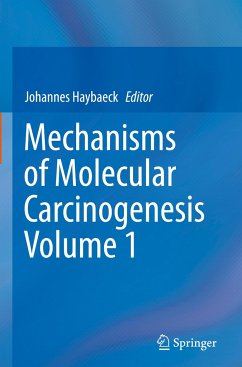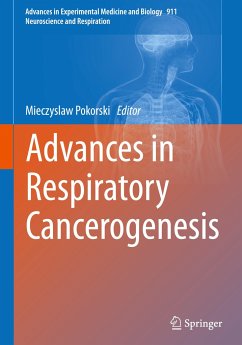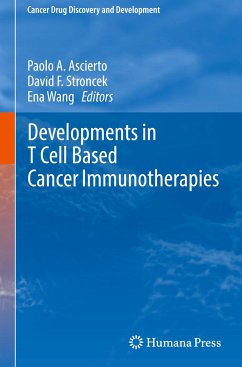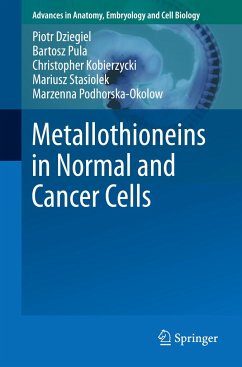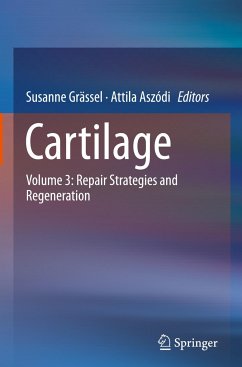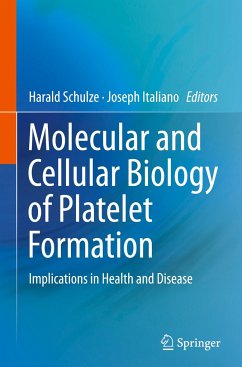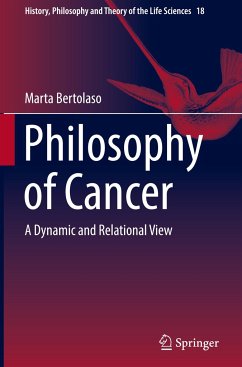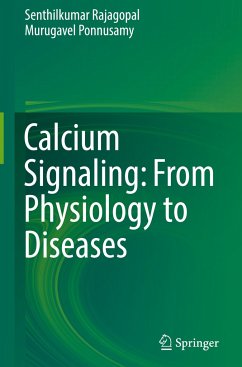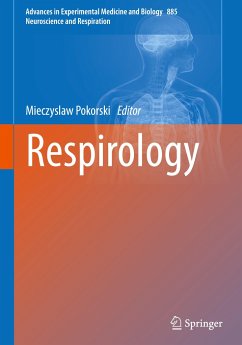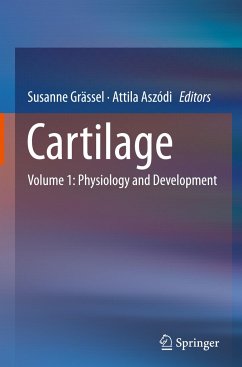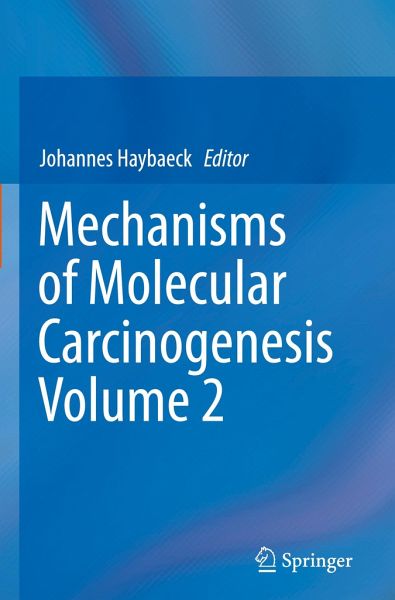
Mechanisms of Molecular Carcinogenesis - Volume 2

PAYBACK Punkte
57 °P sammeln!
Together with Volume 1, this book provides an inclusive overview of the molecular and cellular mechanisms of carcinogenesis and offers comprehensive insights into related clinical and therapeutic aspects.This second volume complements the first by presenting and concisely explaining the carcinogenesis of various tumor entities such as non-melanoma skin cancers, bone and soft tissue tumors, pancreatic cancers, hepatocellular cancer and neuroendocrine tumors. As in volume one, each chapter illuminates the similarities and dissimilarities of changed signaling pathways in the different organ syste...
Together with Volume 1, this book provides an inclusive overview of the molecular and cellular mechanisms of carcinogenesis and offers comprehensive insights into related clinical and therapeutic aspects.
This second volume complements the first by presenting and concisely explaining the carcinogenesis of various tumor entities such as non-melanoma skin cancers, bone and soft tissue tumors, pancreatic cancers, hepatocellular cancer and neuroendocrine tumors. As in volume one, each chapter illuminates the similarities and dissimilarities of changed signaling pathways in the different organ systems and depicts potential therapeutic strategies. The focus of volume two lies on the presentation of modern molecular biological techniques for diagnosis, as well as strategies for biomarker identification and validation. Furthermore, it discusses potential therapeutic targets and individualized treatment strategies, offering a valuable resource for all basic scientists and medical researchers interested in translational cancer research.
This second volume complements the first by presenting and concisely explaining the carcinogenesis of various tumor entities such as non-melanoma skin cancers, bone and soft tissue tumors, pancreatic cancers, hepatocellular cancer and neuroendocrine tumors. As in volume one, each chapter illuminates the similarities and dissimilarities of changed signaling pathways in the different organ systems and depicts potential therapeutic strategies. The focus of volume two lies on the presentation of modern molecular biological techniques for diagnosis, as well as strategies for biomarker identification and validation. Furthermore, it discusses potential therapeutic targets and individualized treatment strategies, offering a valuable resource for all basic scientists and medical researchers interested in translational cancer research.



